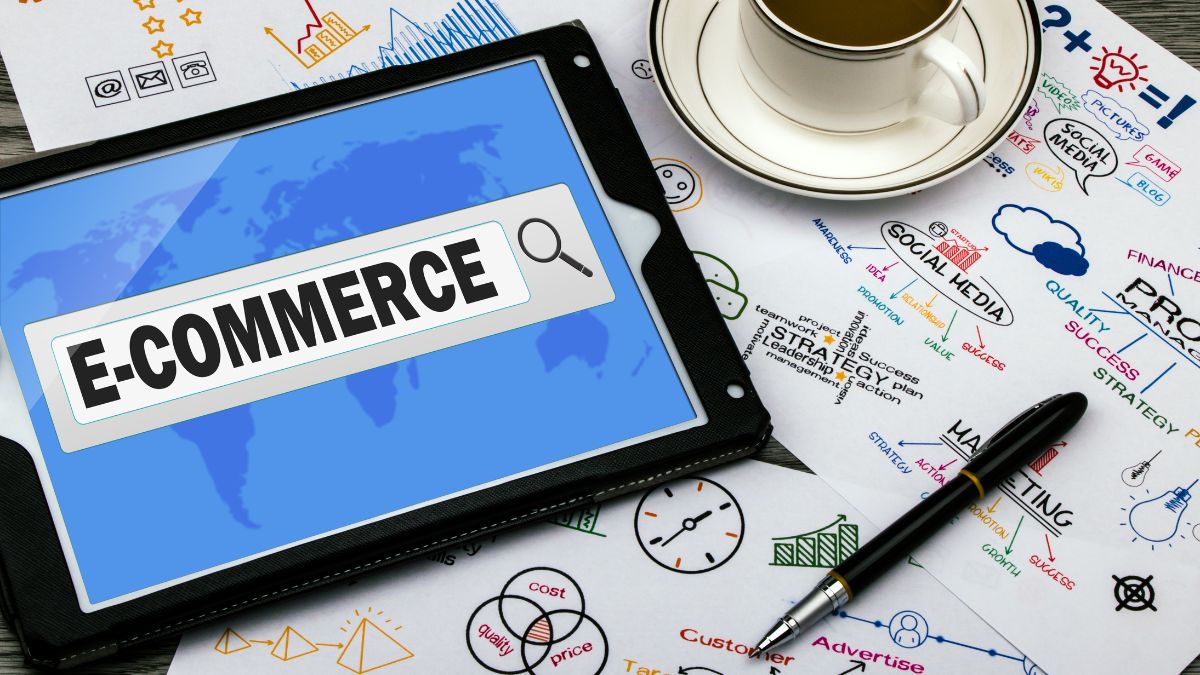

Geographical boundaries have been eliminated by the internet, giving companies of all sizes access to a worldwide market. Companies can offer goods to customers all over the world through e-commerce sites like eBay, Amazon, and Alibaba, which greatly increases their market reach. By using the internet to expand into new areas and broaden their clientele, small and medium-sized businesses (SMEs) may now effectively compete with larger organizations on a global level.
Customers have unrivaled access to a wide range of goods and services over the Internet. Customers can compare prices, read reviews, and make well-informed decisions about what to buy from the comfort of their homes thanks to the wide range offered by online marketplaces. A more open and competitive market has resulted in customers having greater access and options.
Businesses now have more operational flexibility and cost savings. E-commerce platforms cut expenses by eliminating the need for physical shops. Campaigns on social media and digital marketing provide affordable means of reaching specific groups. Furthermore, companies may run around the clock, serving clients consistently in various time zones and boosting revenue prospects.
Payment system innovation has been sparked by the growth of the internet, making transactions easier, safer, and quicker. The checkout process has been simplified by digital payment systems like PayPal, Stripe, and mobile payment solutions, enabling smooth transactions. Blockchain technology and cryptocurrencies are also becoming disruptive forces by providing safe and decentralized ways to transact.
The management of supply chains and logistics has been transformed by the Internet, which has increased transparency and efficiency. Businesses may streamline their supply chains, save expenses, and accelerate delivery times with the use of data analytics, real-time tracking, and automated inventory management. These developments make sure that goods go to customers faster and more consistently, which raises customer satisfaction levels all around.
The internet-driven revolution in trade and business has many advantages, but it also has drawbacks. Cybersecurity dangers are serious for both consumers and organizations. Examples include data breaches and online fraud. Safeguarding online transactions and protecting personal data are important issues that demand constant care and funding.
Furthermore, the digital divide continues to be a major problem as certain areas and people are less able to participate in the global economy due to unequal access to the internet and digital technologies. To guarantee that the advantages of the digital revolution are shared fairly, this discrepancy must be addressed.
Global markets are expected to continue evolving and expanding in the future. Technological developments in the fields of artificial intelligence (AI), machine learning, and big data analytics will enhance customer personalization, forecast consumer behavior, and streamline supply chain processes. Through the creation of immersive and interactive experiences, augmented reality (AR) and virtual reality (VR) technologies have the potential to completely transform online purchasing.
Furthermore, the emergence of social commerce—in which e-commerce features are integrated into social media platforms—will keep obfuscating the distinction between online purchasing and social contact, opening new avenues for customer connection for companies.
Without a doubt, the Internet has completely changed trade and business, turning regional markets into vibrant international ones. The Internet has empowered both consumers and companies by offering cost reductions, improving consumer access and choice, and broadening market reach. However, to guarantee the continuous expansion and inclusion of international marketplaces, issues like cybersecurity concerns and the digital divide must be addressed. Future trade and commerce offer even more innovation, connection, and opportunity in the global digital economy as technology continues to advance.
You can visit our website https://www.nextelle.us.
#Internet #Internetconnection #Internetconnectivity #NextelleWireless











